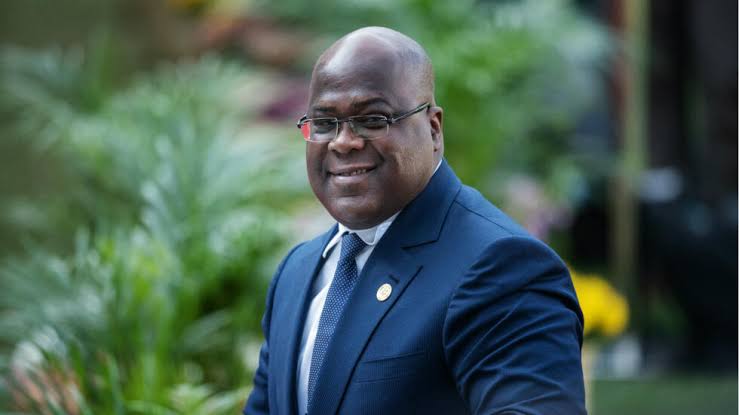The Democratic Republic of Congo’s elections, held over several days amidst chaos and delays, finally started trickling in results. While the authorities declared the voting process a success, it was far from smooth. To the opposition party, the election was marred by irregularities.
However, a new approach to elections allowed Congolese living abroad in five countries – Belgium, Canada, France, South Africa, and the United States – to cast their ballots for the first time. Despite their initial results showing incumbent President Félix Tshisekedi receiving 80% of the diaspora vote, these numbers represent a mere 13,000 out of 44 million registered voters, offering limited insight into the true picture.
Tshisekedi, seeking a second term, currently seems to be in the lead, but tensions remain high. Four concurrent elections – for president, national and provincial lawmakers, and local councils – held on Wednesday were plagued by massive delays, bureaucratic bottlenecks, and even closed polling stations. Voting continued in some remote areas on Friday, but irregularities were reported by observers like the Carter Center, who noted issues in 21 of 109 stations they visited.
Despite the government’s attempts to paint a positive picture, opposition candidates – Nobel Peace laureate Denis Mukwege, business magnate Moise Katumbi, and former oil executive Martin Fayulu – strongly critiqued the disarray and potential for fraud. These concerns cast a shadow of anxiety over the potential escalation of tensions once the final results are announced. With a history of authoritarian rule and conflict, the DRC’s political landscape is fragile.
The international community has reiterated their call for transparency and fairness in the election process, emphasizing their readiness to expose any irregularities. While the first results offer a hint at Tshisekedi’s potential edge, the true state of the elections remains shrouded in uncertainty.
The coming days will be crucial in determining the country’s leadership and, more importantly, the DRC’s journey towards stability and peace.









